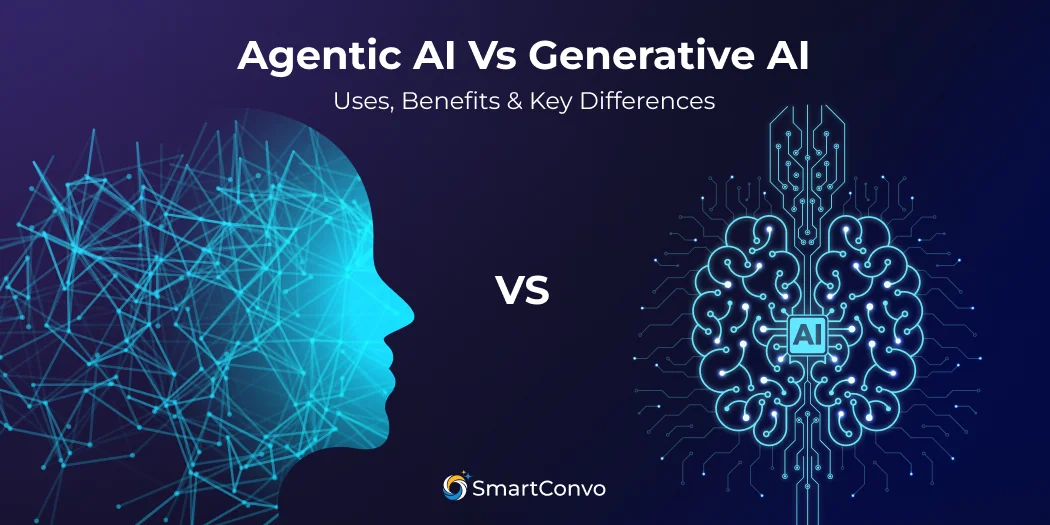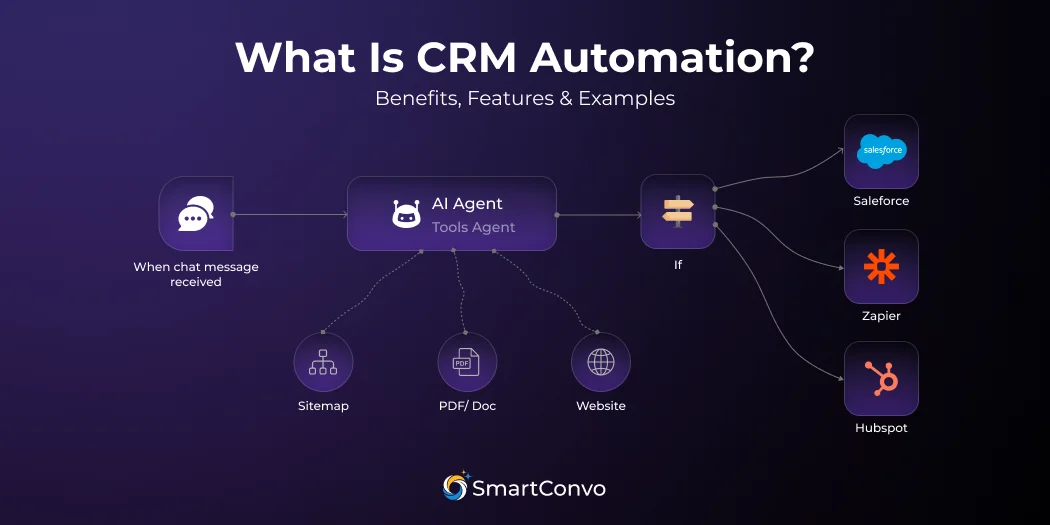Managing human resources effectively is critical for every organization, regardless of its size or industry. Resolving employee-related issues, which frequently manifest as HR cases, is one of the most important components of HR operations. Effective HR knowledge management ensures that HR teams can systematically address a variety of problems, such as payment inconsistencies and workplace complaints, to guarantee employee satisfaction and uphold regulations.
HR case management is useful in this situation. HR departments can effectively monitor, handle, and settle employee cases due to this methodical methodology. By automating repetitive procedures and simplifying communication, a well-executed HR case management platform increases organizational productivity in addition to improving the employee experience.
In today’s fast-paced business environment, having a robust case management human resources solution is no longer a luxury but a necessity. This guide explores HR case management examples in detail, its types, benefits, and how businesses can implement it successfully to meet their workforce’s needs.
What is HR Case Management?
HR departments use HR case management, an organized method, to effectively address and resolve employee-related issues. It entails planning and monitoring a range of HR situations, including performance reviews, disciplinary actions, grievances, and inquiries about benefits. HR teams can improve overall operational efficiency and employee happiness by using HR chatbot and automation solutions to handle situations more effectively and respond faster.
An HR case might involve everything from a leave request from an employee to more complex issues like performance improvement plans or workplace harassment. In case management in hr (human resources), efficient case management guarantees that every case is settled quickly, equitably, and in accordance with the law and corporate policies. By providing automated insights and improving decision-making, AI in HR can assist expedite the case resolution process and increase the effectiveness of HR operations.
In addition to streamlining HR procedures, putting in place an effective employee case management system increases employee trust. HR departments can swiftly address regular problems and concentrate on more complicated instances with the aid of automation solutions, making sure that workers feel appreciated and supported. Employee happiness and the working environment both improve as a result.
Key Types of HR Cases and How Businesses Can Manage Them
HR departments deal with a wide range of employee-related cases. Some of the most common types include:

Employee Onboarding and Offboarding:
Managing the process of welcoming new employees to the company or ensuring a smooth transition when they leave. Document submission, training, exit interviews, and making sure all required steps are followed to properly onboard or offboard the employee are all included in this.
Employee Grievances:
Addressing grievances or issues raised by employees regarding behavior, management practices, or unfair treatment at work. To guarantee employees feel heard and appreciated, handling these situations calls for a fair, open, and private procedure.
Policy and Procedures:
Ensuring that employees are aware of and followed by corporate standards, including the code of conduct, safety guidelines, and workplace restrictions. HR case management includes handling policy violations and offering advice on appropriate conduct.
Benefits and Compensation Queries:
Handling questions about employee benefits (health insurance, retirement plans) and compensation-related issues (salary adjustments, bonuses). These are typical questions that must be answered quickly in order to keep employees happy.
Leave and Attendance Requests:
Managing leave requests, such as personal days, sick leave, and vacation time. This case type guarantees that all leave policies are appropriately followed and that employees understand how to request leave.
Payroll & Taxes:
Resolving payroll inconsistencies or problems pertaining to pay periods, tax deductions, and other payroll-related difficulties. Maintaining employee happiness and trust depends on accurate payroll processing.
Performance and Development Cases:
Addressing concerns related to performance management, including goals for progress, feedback, and evaluations. Cases involving training, career advancement, and professional development within the organization may also fall under this category.
Job Role and Reporting Issues:
Handling issues with misunderstandings or conflicts around job roles, responsibilities, or reporting lines. Clarifications regarding duties, team dynamics, and expectations at work are frequently part of these cases.
By effectively managing these types of HR cases, businesses can maintain smooth operations, enhance employee engagement, and improve overall organizational health, powered by knowledge in AI that supports strategic decision-making.
Benefits of HR Case Management for Businesses

Numerous benefits of an HR case management system can significantly improve employee satisfaction, streamline business operations, and enhance HR procedures. By implementing an effective HR case management system in the workplace, companies can expect improved efficiency, better compliance, and a more structured approach to handling employee concerns.
Improved Employee Experience
An organized HR case management system guarantees that employees’ questions and concerns are answered quickly. Whether it’s addressing complaints or answering questions about benefits, a more efficient procedure improves employee satisfaction and retention.
Enhanced HR Productivity
Human Resources case management allows professionals to concentrate on more complicated issues and become more productive by centralizing case information and automating repetitive procedures.
By answering routine employee questions and freeing up HR experts for higher-priority work, AI for business solutions such as conversational AI further increase productivity.
Compliance and Risk Management
HR case management helps businesses in adhering to industry rules, corporate policy, and labor laws. A centralized approach reduces the possibility of expensive legal challenges or fines by guaranteeing that all employee-related issues are monitored, recorded, and settled in accordance with legal and regulatory standards.
Cost Efficiency
By automating procedures, cutting down on paperwork, and limiting human error, effective HR case management lowers administrative expenses. Businesses may reduce operational expenses associated with case management HR tasks and free up resources for more strategic purposes by improving case monitoring and management.
Faster Issue Resolution
An organized case management strategy helps companies address employee concerns faster. A clear, well-structured system guarantees that all cases are handled effectively, resulting in faster resolutions and reduced downtime, whether they be payroll problems or performance concerns.
Improved Workflow Efficiency
All responsibilities are allocated and managed effectively through HR case management. HR teams may increase team productivity by prioritizing their tasks, minimizing bottlenecks, and ensuring more efficient processes through the organization and monitoring of cases.
Workflow Automation
HR professionals may concentrate on more strategic responsibilities by automating repetitive processes like leave requests, payroll adjustments, and benefits queries. A more predictable and effective workflow is produced by automation, which also lowers human error and guarantees that procedures are uniform throughout the company.
Improving Collaboration
HR, employees, and management work together more effectively when cases are handled well. Transparency about case status and progress allows teams to collaborate more successfully, guaranteeing prompt outcomes and improved communication all along the way.
Businesses may establish an atmosphere where employees and HR teams work more productively, guaranteeing greater results for all parties, by utilizing a strong HR case management platform.
Best Practices for Implementing HR Case Management
For a strong HR case management system to be implemented and benefit both HR staff and employees, proper planning and strategy are needed. When incorporating an HR case management platform into your business procedures, keep in mind the following important HR case management best practices to ensure efficiency and effectiveness.
Understand Organizational Needs
Before choosing an employee case management system, it’s crucial to thoroughly assess your organization’s specific HR case management requirements. Different companies face different challenges when it comes to HR cases. By understanding the types of issues your HR team encounters most frequently, such as payroll discrepancies or employee grievances, you can select a system that is tailored to those needs.
Take time to conduct an audit of your existing HR processes to identify bottlenecks or inefficiencies that a case management system can address. Whether it’s improving the resolution speed of leave requests or automating performance review workflows, understanding these needs is the foundation of a successful implementation.
Invest in the Right Tools
To get the greatest outcomes, selecting the best HR case management software is essential. Seek out a platform that provides scalability, customisation, and automation. With the right technology, your HR teams should be able to work together effortlessly, handle situations effectively, and track developments in real time.
Key features to look for in a case management platform include:
- Automation: Automates case ticketing, routing, and escalation to speed up resolution times.
- Customizable Dashboards: Provides HR teams with a clear, visual overview of open, ongoing, and resolved cases.
- Reporting and Analytics: Generates insights into case trends, response times, and resolution effectiveness, enabling continuous improvement.
To ensure a seamless transition and reduce interruption, it’s critical to choose HR case management systems that integrate well with your current platforms, such as payroll, benefits administration, and personnel records.
Train HR Teams
If your HR team isn’t properly taught, even the best HR case management software won’t work. Organize thorough training sessions to acquaint HR personnel with the features and capabilities of the platform. Effective use of automation tools and the creation, tracking, and closing of cases should be covered in training.
Making sure the HR team can accurately and swiftly address problems while utilizing the platform is the goal. A well-trained staff will increase employee satisfaction and case resolution rates for your company.
Monitor and Optimize Workflows
After your HR case management system is operational, it’s critical to keep an eye on its efficacy and performance. Workflows should be reviewed frequently to find any areas that require optimization. This could entail enhancing communication procedures, creating new templates for typical cases, or modifying case routing rules.
Utilize the system’s data analytics to monitor key performance indicators (KPIs), including the number of reopened cases, employee satisfaction ratings, and case resolution time. Your HR team will stay on course and any problems will be resolved before they become more serious if you keep an eye on them.
Gather Feedback
After implementing the HR case management system into place, ask employees and HR personnel for feedback on a regular basis. This will guarantee that the system stays user-friendly and assist you in identifying possible areas for development.
- Employee Feedback: Conduct surveys or informal check-ins to understand how employees feel about the responsiveness and effectiveness of the HR case management process. Are their issues being resolved in a timely manner? Are they satisfied with the solutions provided?
- HR Team Feedback: Your HR staff’s feedback is equally important. Are they finding the system easy to use? Are there any challenges in navigating the platform or handling specific types of cases?
By incorporating feedback, you can continually fine-tune your employee relations case management processes to create a more seamless experience for everyone involved.
Choosing the Right HR Case Management Platform
Choosing the right HR case management platform is essential for businesses to streamline workflows and improve efficiency. The platform should be user-friendly, customizable, and scalable to adapt to evolving needs. Solutions like SmartConvo offer automation to reduce manual tasks and integration capabilities to work seamlessly with existing tools like HR knowledge management software. With the integration of Generative AI, HR teams can benefit from more sophisticated automation, ensuring faster and more accurate responses to employee queries and case resolutions.
Data security, compliance, and robust analytics are critical to protecting sensitive employee information and making data-driven decisions. Additionally, reliable 24/7 support and training ensure a smooth implementation process. With the right platform, businesses can enhance employee satisfaction and optimize HR operations effectively.
No Credit Card Required | 14 days Free Trial
Build Your Chatbot
Conclusion
A key tool for companies trying to improve employee happiness, expedite HR procedures, and guarantee adherence to rules and policies is HR case management. Through efficient handling of a variety of HR matters, including payroll concerns, employee complaints, onboarding, and performance reviews, companies may establish a more structured and efficient work environment.
Implementing a robust HR case management platform, like SmartConvo, empowers HR teams to handle cases efficiently, automate repetitive tasks, and make data-driven decisions. These solutions enhance HR procedures and support overall corporate success with features like workflow automation, smooth integration, and sophisticated analytics. AI chatbot implementation further enhances this process by automating routine employee queries, allowing HR teams to focus on more complex issues.
Businesses may improve collaboration, lower operating expenses, and promote a good work environment that promotes long-term growth and employee engagement by giving priority to an organized approach to HR case management.
Frequently Asked Questions (FAQ)
HR teams use HR case management, a structured procedure, to handle and settle employee-related problems like performance issues, leave requests, payroll inconsistencies, and grievances. It ensures that employee cases are handled consistently, effectively, and transparently.
HR case management helps businesses in increasing overall efficiency, streamlining HR operations, ensuring legal compliance, and improving employee happiness. Additionally, it makes it possible for HR teams and employees to collaborate more effectively and resolve issues more quickly.
Employee onboarding and offboarding, grievances, policy questions, benefits and compensation questions, payroll problems, performance reviews, and job role concerns are just a few of the cases that fall within the scope of HR case management.
Platforms such as SmartConvo increase workflow efficiency, boost HR productivity, automate processes, offer data-driven insights, and guarantee the safe management of private employee data.
Of course. All sizes of businesses can benefit from HR case management, which helps small businesses manage employee issues effectively and provide a solid basis for expansion.













